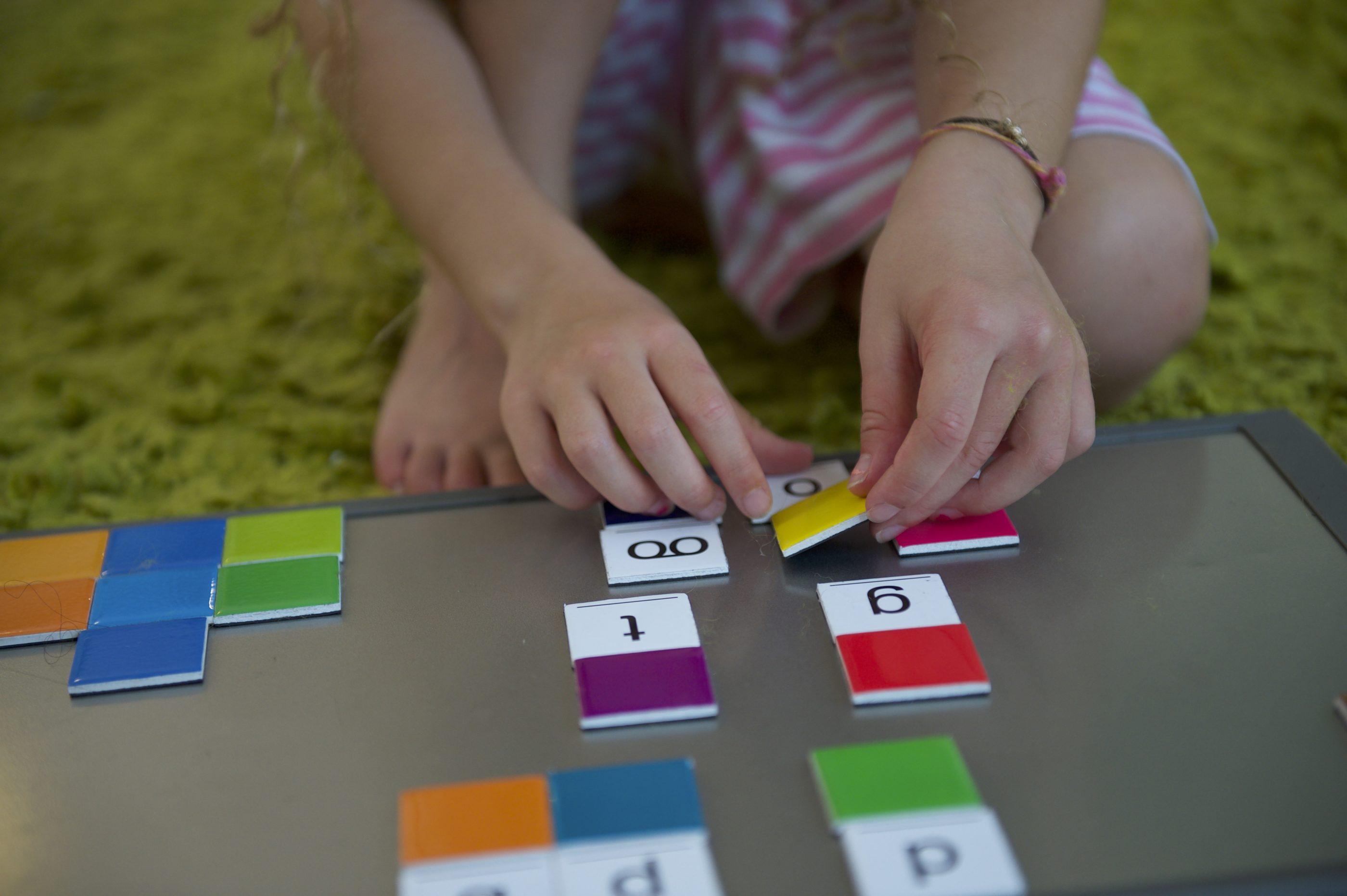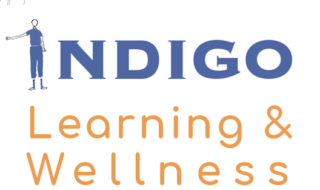About Learning Differences

Common Characteristics of Students with Learning Differences
- Attention – Students often struggle with persistent attention, especially with non-preferred tasks. They may also lack selective attention, or the ability to identify important or meaningful information (Brown & Wynne, 1984).
- Memory – Students may lack background information or the ability to process information in ways that would help them remember. This may be related to short-term, long-term, and working memory.
- Attributions – Students with learning differences often attribute their successes and failures in negative, disempowering ways. They view their failures as internal, such as “I’m stupid” or “This assignment is boring.” On the other hand, they attribute their successes to external factors, such as luck, instead of saying, “I did well because I worked hard!”
- Lack of Coordinated Strategies – Students may not have the needed strategies to perform certain mental activities, or they may not be able to effectively access and coordinate the strategies to perform a certain task. Students with Learning Differences tend to develop fewer strategies and to use strategies less often than typically achieving students (Stone & Conca, 1993).
Children with learning differences need explicit instruction to develop and practice strategies that directly address their challenges. They also need to develop methods to self-monitor and self-evaluate their learning.
